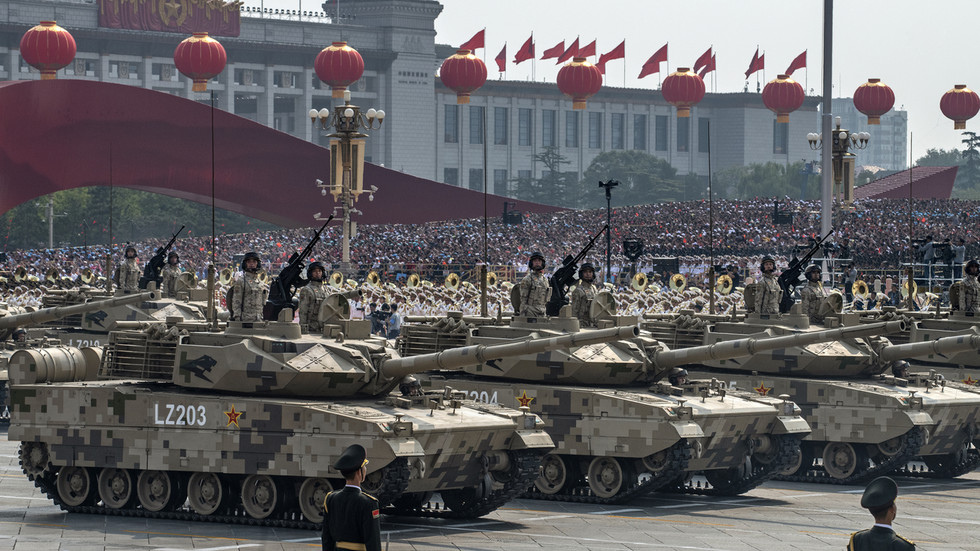Beijing has asserted that it will not shy away from using force over Taiwan if it perceives a declaration of independence as a “risk.” This statement, articulated by the spokesperson for China’s Taiwan Affairs Office, Chen Binhua, came on the heels of extensive military drills conducted by China around Taiwan, reinforcing its military posture amid rising tensions. The remarks by Chen were particularly pointed following Taiwanese President Lai Ching-te’s recent address, which reiterated the island’s intention to pursue independence from Beijing. While China maintains that its primary goal is peaceful reunification, it has consistently warned that any attempt by Taiwan to declare independence would prompt a forceful response aimed at what it refers to as “separatists” and foreign interference, particularly from the United States, Taiwan’s key ally.
The spokesperson emphasized that China’s potential military actions would be focused on a minority of “separatists,” aiming to clarify that the vast majority of Taiwanese people who do not seek independence would not be targets of aggression. However, the underlying threat remains, with Chen stating that regardless of Taiwan’s military capabilities or foreign support, any provocative actions would lead to Taiwan facing severe consequences. The framing of Lai’s independent stance as “separatist claims” marks a significant escalation in rhetoric, underscoring Beijing’s unwavering commitment to defending what it views as national sovereignty and territorial integrity.
Following the military exercises, which included joint operations by China’s army, navy, air force, and missile units, Taiwan conducted a national security meeting to address the situation. Taiwanese officials reiterated their call for Beijing to honor the democratic choices of the Taiwanese populace, reflecting Taipei’s pushback against China’s coercive strategies. The drills were characterized by the Chinese military as a “stern deterrence” against separatist forces advocating for Taiwan’s independence, further highlighting the adversarial dynamics between the two entities. Beijing’s military exercises serve not only as a warning but also as a demonstration of its capacity to project power in the region.
China’s position on Taiwan is rooted in its One-China principle, which asserts that there is only one sovereign state representing the Chinese people, thereby excluding Taiwan’s separate governance. This principle has historically been the cornerstone of Beijing’s claims over Taiwan, which it regards as a breakaway province. The narrative that Taiwan is an inalienable part of China is integral to the ruling party’s legitimacy and national identity. The historical context of Taiwan as the last bastion of nationalist forces during the Chinese Civil War also influences contemporary perceptions and policies, contributing to the intractability of the situation.
The ongoing turmoil surrounding Taiwan is partly fueled by its strategic significance, both regionally and globally. The island has evolved into a crucial ally for the United States in the Asia-Pacific, significantly complicating the geopolitics of the region. China’s military maneuvers and assertive diplomacy signify its determination to deter any forms of independence while simultaneously compelling Taiwan and its allies to reconsider their strategic postures. This dynamic presents ongoing challenges for regional stability and heightens the potential for conflict, with both sides locked in a struggle for dominance over narratives and geopolitical influence.
Ultimately, the tensions between China and Taiwan represent broader themes of national sovereignty, self-determination, and the balance of power in the international arena. As Beijing continues to issue warnings to both Taiwan and its foreign supporters, the prospect of peaceful resolution appears increasingly elusive. The discourse surrounding Taiwan’s status and its implications for U.S.-China relations will significantly shape future interactions and could lead to escalated tensions if not navigated carefully. The international community will be watching closely as the situation evolves, with the hope that diplomacy and dialogue may pave the way for a more peaceful coexistence amidst rising friction.

